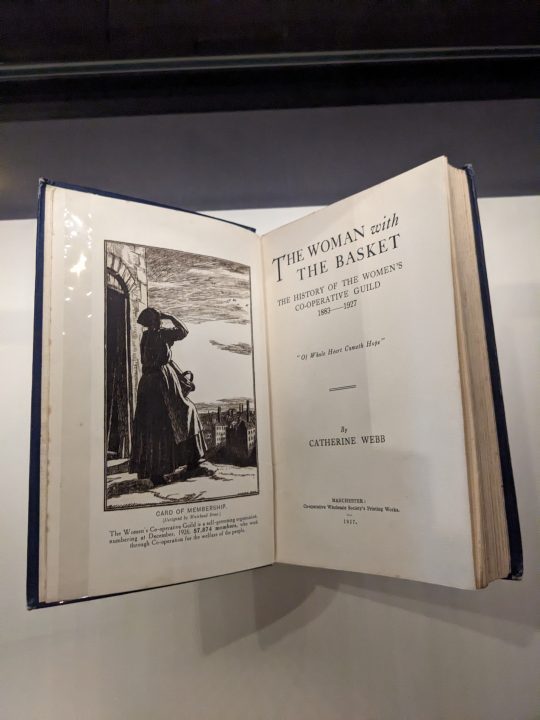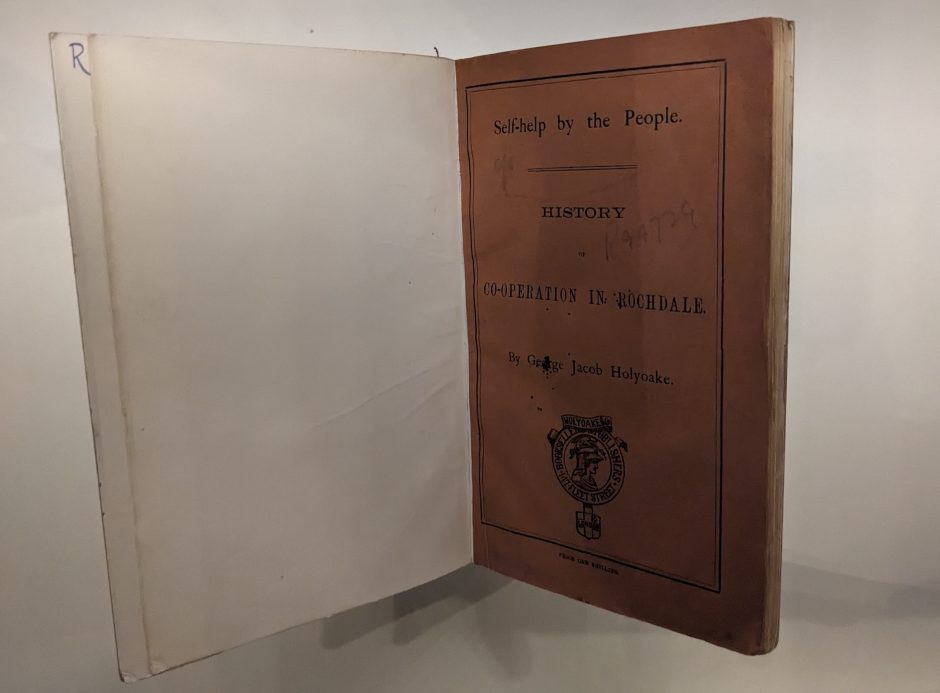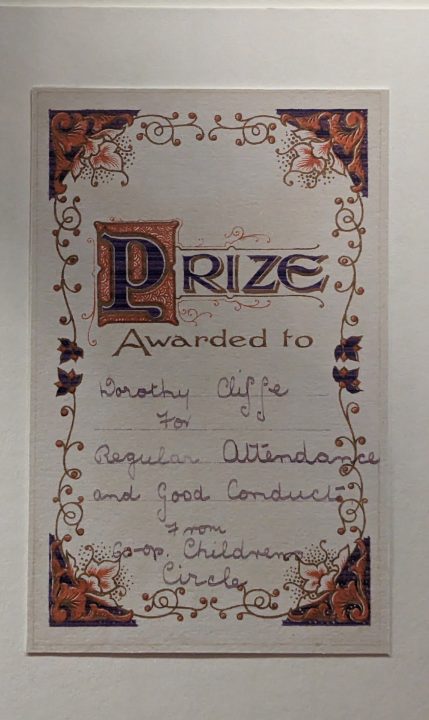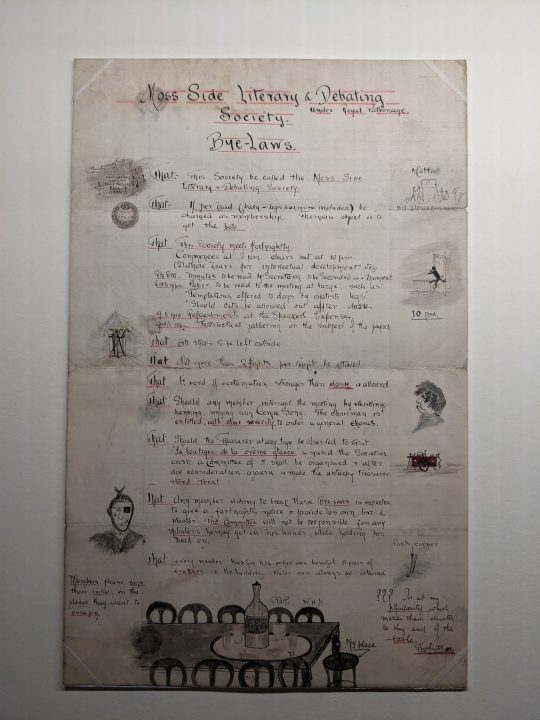A new exhibition, Workers’ Playtime, has launched at the John Rylands Research Institute and Library in Manchester, exploring culture and community in 19th century industrial Lancashire.
Workers’ Playtime goes beyond the factories to explore the cultures and communities created by the workers in pursuit of a better, fuller life. It is a tale of political, economic, and cultural self-organisation in pursuit of mutual improvement and creative expression. Above all, it is a tale of culture and community made by the hearts and minds of the people themselves.
The academic lead for the exhibition is Michael Sanders, professor of 19-century literature and culture at Manchester University, who has previously run modules on co-operation in Victorian Britain.

“The exhibition emerged out of an Arts and Humanities Research Council-funded project called Piston, Pen & Press,” he says. “This project explored the ways in which industrial workers engaged with literary culture in northern England and Scotland in the ‘long C19th’. The project prompted me to think about cultural engagement more broadly and as someone who lives and works in Manchester, it made sense to ‘dig where I stood’ (to adapt Sven Lindqvist).”
Sanders suggested topics and themes and then the project team, which included Julie Ramwell and Janette Martin, scoured the Rylands archives to find objects, books and images from which they made selections for the exhibition. What they found are archives that illuminate lively networks of poets and performers, humorists, authors, dramatists and theatregoers all belonging to Lancashire’s urban communities.

“Workers’ Playtime tells the story of the ways in which workers in the 19th and early 20th centuries pursued a better, fuller life for themselves and their children through multiple forms of cultural, economic and political self-organisation,” says Sanders. “I wanted to show working people as active agents who pursued mutual improvement and creative expression and who refused to accept that they were only cogs in an economic machine.”
Co-operation features prominently in the exhibition, with a children’s book that was awarded as a prize for good attendance by the Co-operative Children’s Circle, and one case devoted to the Co-operative Wholesale Society, which he sees as “the great working-class success story of the 19th and early 20th centuries”.
In 1901, the CWS factory at Crumpsall, Manchester, became the first biscuit factory in the UK to introduce the eight-hour working day for its employees. In common with many other CWS factories, the Crumpsall factory had sports grounds and organised social activities for its workers. These were often points that were used in the CWS’s advertising, attracting prospective employees by making it stand out as a business that cared about its staff.

Some societies also ran convalescent homes where their staff could recuperate from illness in comfortable surroundings, and colleagues also often had the opportunity to go on short holidays and excursions organised by their societies.
“My favourite item is the ‘Moss Side Literary and Debating Society Bye-Laws’ – a spoof set of rules governing behaviour (“not more than three fights per night be allowed”) which shows that the Victorians, contrary to widespread belief, had a very lively sense of humour!” says Sanders. “There’s also a beautiful Clarion programme.”

Workers’ Playtime explores workers’ lives outside of the factory, from sports and trips to the seaside to supporting the growing co-operative movement, and features books by Lancashire mill-workers Ethel Carnie Holdsworth, Ben Brierley and Sam Fitton who became popular writers.
“The exhibition documents the ways in which ‘ordinary people’ of the 19th and early 20th centuries believed that a better life was possible and took collective action to make that belief real. I hope this record of their creativity and determination will offer inspiration and encouragement to their present-day counterparts.”
- Workers’ Playtime runs until 9 September 2023 at The John Rylands Research Institute and Library, 150 Deansgate, Manchester M3 3EH